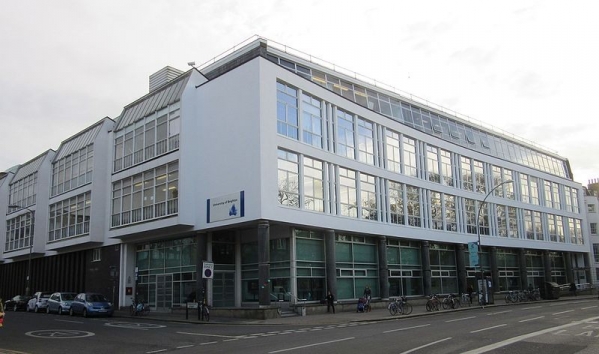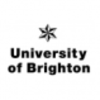https://www.brighton.ac.uk
Founded
1992Description
The University of Brighton can trace its origins back to 1859 when the new School of Art opened in the coastal town, with just 110 pupils.
After becoming Brighton Polytechnic and, in the late 1970s, merging with the East Sussex College of Higher Education, the institution gained university status in 1992. It focuses on professional education.
In 2006, the University of Brighton teamed up with engineering company Ricardo UK to open the Sir Harry RIcardo Laboratories, which carries out extensive research into - among other things - internal combustion engines and laser-based measurement techniques.
Five years later, in 2011, the university founded the University of Brighton Doctoral College, which oversees postgraduate research. It now has a community of more than 500 postgraduate research students.
In the same year, the institution’s International College welcomed its first students. The college provides programmes that prepare international students for undergraduate and postgraduate courses.
The university now has more than 20,000 students across its five campuses, which are located not only in Brighton, where there are three, but also in Eastbourne and Hastings.
The three Brighton bases are known as Grand Parade, Moulsecoomb and Falmer.
Grand Parade, located in the city centre, houses the arts and humannities students; Moulsecoomb is the largest campus by student population, and houses many departments including maths, life sciences and geography; and the Falmer campus, located four miles from the city, plays host to trainee nurses, teachers, social scientists and linguists.
Alumni of the University of Brighton include DJ Norman Cook, also known as Fatboy Slim; comic actor Chris Barrie; children’s author Sue Hendra; and artist Jesse Waugh.
Specific details
Location
Mithras House, Lewes Road, Brighton , BN2 4AT, South East England, United Kingdom



